New School students experience economic realities of life in Uganda
Hotel Diplomate is perched on one of the highest hills in the neighborhood of Muyenga, located in Uganda’s capital city of Kampala. Here, pools, SUVs and manicured lawns rise above the small clusters of one-story houses, and dense pockets of slums spread out on the sun-drenched earth below. The damp, biting smell of burning refuse drifts from columns of smoke across the landscape, until it reaches the hotel’s stately balcony. Far off to the west, a glimpse of the mighty Lake Victoria reflects off the horizon.
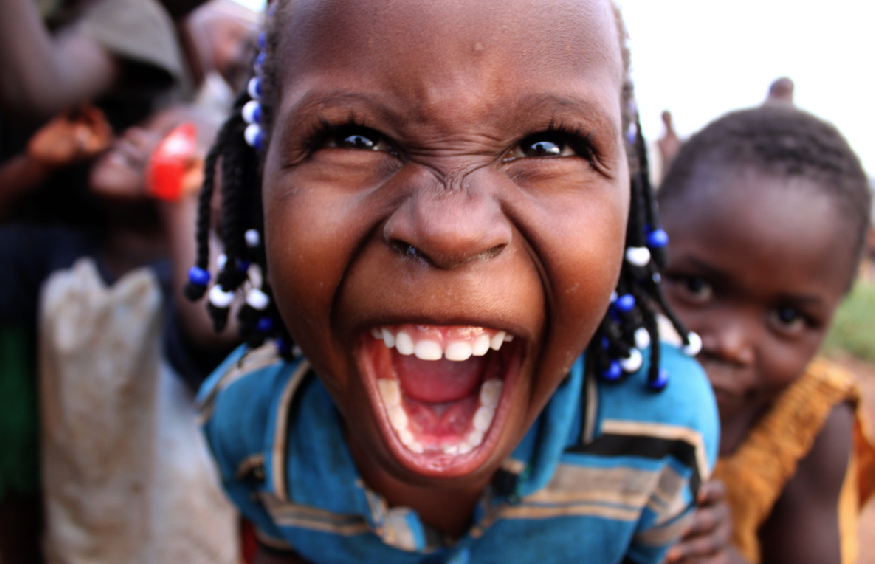
On a recent day in July, an armed guard sat in the crooked parking lot outside Diplomate, retreating from the midday sun. In the lot lay the crumbled remains of a rock face that once bore the hotel’s name. Locals call Muyenga the “rich slum” of Kampala. Large gated houses, protected by barbed wire and young men casually brandishing AK-47s, sit with unrivaled views of the sprawling cityscape. But even here, roads fall into disrepair during the rainy season, and hasty development has distorted a once well-functioning drainage system.
Diplomate, which houses the country’s Pakistani Consulate in its lower level, plays host to a diversity of clientele — European businessmen who bring their dates for dinner late in the evening and vanish early in the morning; weathered backpackers looking for a cheap escape from Kampala’s nocturnal streets; and in the summer of 2012, a handful of students of The New School’s Graduate Program of International Affairs’ International Field Program.
The IFP is an instrumental part of an education from GPIA, allowing students to study across the world in developing countries. The Uganda IFP concentrates on urbanization; as populations boom in cities with inadequate infrastructure and limited access to basic services like clean water and proper sanitation, students are able to put their research into practice.
Achilles Kallergis, coordinator for the Uganda IFP program, said the program is about empowering people. “We don’t just go there and give things,” he said. “It’s more that we’re interested in the phenomenon.” It is through understanding the phenomenon of poverty, Kallergis said, that gives students a real understanding.
In July, New School students plunged into neighborhoods across the capital — and beyond — and fulfilled their graduate work as interns for a slew of non-governmental organizations. They faced the realities of poverty — exposed sewers, begging street children, taxis packed like human sardine tins, and the relentless calls of street vendors trying to make a dollar. Wherever the students went, a hail of “Mizungo! Mizungo!” surrounded them — roughly translated to “white person” or “foreigner.”
Over the summer, they worked to organize federations of slum dwellers to create savings accounts and build their political capital with local governments in one part of the city, and inspired Ugandan children in derelict classrooms and dusty playgrounds through workshops about self-worth and empowerment in another.
And while Muyenga provides a place of relative solace high above the city’s lights, the problems that the students combat everyday — a plagued education system, lack of sufficient health care, domestic violence and the rights of slum dwellers — permeate through every facet of Ugandan life.
****
Vincent leaned on the hotel bar, a dozen feet from a crudely taxidermied lioness mounted at the top of a staircase above the hotel’s lobby. His oversized tuxedo, complete with bowtie and misplaced nametag, loosely draped over his thin frame. On a night in July, moonlight flooded the empty bar, illuminating cloudy bottles and a fading poster of the footballer Thierry Henry. “You know Henry? He is the greatest footballer in the world,” Vincent asked, sporting a sly grin. “That’s my poster.”
While the bar stood empty most days, New School students wandered in to purchase a plate of Masala fries to read over, or to sip on a Nile Beer while enjoying the view.

Vincent, 24, is well off by most standards. Unlike many Ugandans, he holds a steady job. He’s been a bartender at Diplomate since January. With his income of 120,000 Ugandan shillings per month — roughly 50 US dollars — he is able to help support his two younger brothers in their village.
“I consider myself lucky,” he said. “Life is not so easy all the time, but I am lucky.”
As a young primary school student in the northern city of Gulu, Vincent excelled academically and was accepted to a prestigious secondary school in Kampala. His parents made the decision to send him to the capital to pursue his education. After graduating secondary school, he was accepted to Kyambogo University. There, he hoped to pursue his dream of becoming a teacher.
But when his mother died in 2006 after a bout with illness, followed by his father just one year later, Vincent was forced to abandon his studies at Kyambogo, where he was earning a bachelor’s degree in education studies.
“When he died, everything died with him,” he said of his father’s passing.
Now, Vincent has turned his attention to working full time at Hotel Diplomate. He finds himself struggling to pay the school fees of his younger siblings who live hundreds of kilometers away, with little prospect of returning to university any time soon.
“I’m just working hard so I can one day finish my education,” he said. “But I cannot now, because I must support my family so they also are able to raise a family.”
At the hotel, paychecks are not always guaranteed. In mid July, the hotel owed Vincent 220,000 Ugandan shillings — more than one month’s salary — in back pay.
****
In Kampala, workers save wages from miscellaneous jobs and purchase small motorcycles, known as bodas, to shuttle city goers around for a small fee. Bodas, like all vehicles that crowd the city streets, come in all shapes, sizes and colors — blanketing the pavement in a whirlwind of revving engines and blasting horns. “Bodas are not something that the people of Uganda want,” said one military officer standing guard in a canvas tent outside Uganda’s House of Parliament, who wished to remain unnamed. “They are a product of poverty.”
Milano urban policy major Dominique Howse, a youthful 27-year-old with thick rimmed glasses and a heaping bun of dark braided hair, was one of this summer’s IFP students. She hired a boda for the 15-minute ride to her work every morning at the R.A.I.S.E. Program. The program’s office is housed in one of Kampala’s largest and most modern shopping complexes, Garden City, which clusters shops, a supermarket, a modern movie theater and two food courts above a 500-car parking garage.
At R.A.I.S.E. (an acronym for “Reap what you sow, Aspire to be the best, Invest in your future, Start now, Education is the key to success”) , Howse oversaw the design of a handbook for teachers in Kampala schools and ran workshops to help implement the program. Teachers are encouraged to directly engage and collaborate with their students.
“One of the reasons that I’m excited about the R.A.I.S.E. program is that it brings critical thinking to the table,” Howse said. “There has to be a conversation about innovation inside the classroom — pride, self-esteem, history. I think it’s important for African kids to know about the Middle Passage.”
For Howse, the IFP proved to be a more transformational journey than expected. She earned her undergraduate degree from Jackson State University, a historically black university located in Jackson, Mississippi, and spent much of her younger life identifying as a black nationalist. “[Americans] reference me as African American, meaning that I come from Africa first and then I’m an American,” she said. But in Africa, Howse found herself viewed as an American first.
“I was joking with the girls that it’s funny I didn’t realize how white I was until I came to Africa,” she said. “I thought I would be African first. The way that I think isn’t reflective of all African people — and for some reason I thought it would be.”
“This is a hard journey, man,” she added. “This is a hard magazine to subscribe to — sometimes you feel like you’ve read enough.”
****
At the Diplomate’s bar, Vincent diligently scanned through the pages of the Daily Monitor, Uganda’s leading independent newspaper. Teachers across the nation were threatening to strike.
The summer before setting off to university, when he was 19, Vincent was abducted by the rebel group, The Lord’s Resistance Army. The LRA clashed with government forces in the north of the country for decades, and is now infamous for its leader, Joseph Kony — whose atrocities swept into the West’s consciousness thanks to the YouTube sensation “Kony 2012.” The LRA kidnapped Vincent and his 16-year-old step-brother, arming them as child soldiers.
Vincent and his brother were forced to march 70 kilometers and erect a camp for the night. A man from a neighboring village had been instructed by the LRA to wait for the arriving soldiers and help them set up. He wasn’t there when they arrived.
“He was a civilian. His mother was sick and he wanted to buy medicine, so he was late coming,” Vincent recalled.
The soldiers beat the man to death by smashing the stocks of their guns into his face, charging him with deserting camp and attempting to escape.
“They beat him, they beat him,” Vincent recalled, his voice rising. “And then they said to us, ‘Have you seen what we did to this man?’ This is what will happen to you if you try to escape.’”
****
Just up the road from Kampala’s elaborate, skyline dominating Gaddafi National Mosque sits the campus of Mengo Primary School, a government-owned school enrolling 1,500 students. Celine Parade, a fresh-faced 25-year old with brown hair and brown eyes who will graduate from The New School in 2013, was introduced to the school after spending time with the children at the Bula children’s home, roughly 30 minutes from Hotel Diplomate. The children’s home houses 27 orphaned and vulnerable children from 8 to 18 years old, many of whom attend Mengo. Parade is French, and came to GPIA after earning a degree in communications. She was subsequently was accepted to the IFP. “I wanted to work with children,” she said.
GPIA alumna Melissa Fricke founded Bula in 2009. When Parade arrived in Uganda, she helped work on a project started by GPIA faculty member Robert Buckley, which followed up on Fricke’s graduate work and eventually led her to the children’s home.
“One of them walks two hours,” she said. “He told me he leaves his house at 1 a.m., arrives at school at 3 a.m. and then sleeps until school starts.”
A few days every week, Parade visited Bula to mentor and study with the children — and later give lessons in French and mathematics at Mengo, where 80 unruly students are crammed into one classroom. This allows the uninterested student to slip away without recourse. Student and teacher absenteeism can be chronic, and squalid pit latrines, while similar to many of the country’s public facilities, force hundreds of students to share unsanitary conditions.
“It’s not going to sound original, but I’ve seen it with my eyes,” Parade said. “Schools have broken windows, teachers will write on the walls because they don’t have blackboards.”
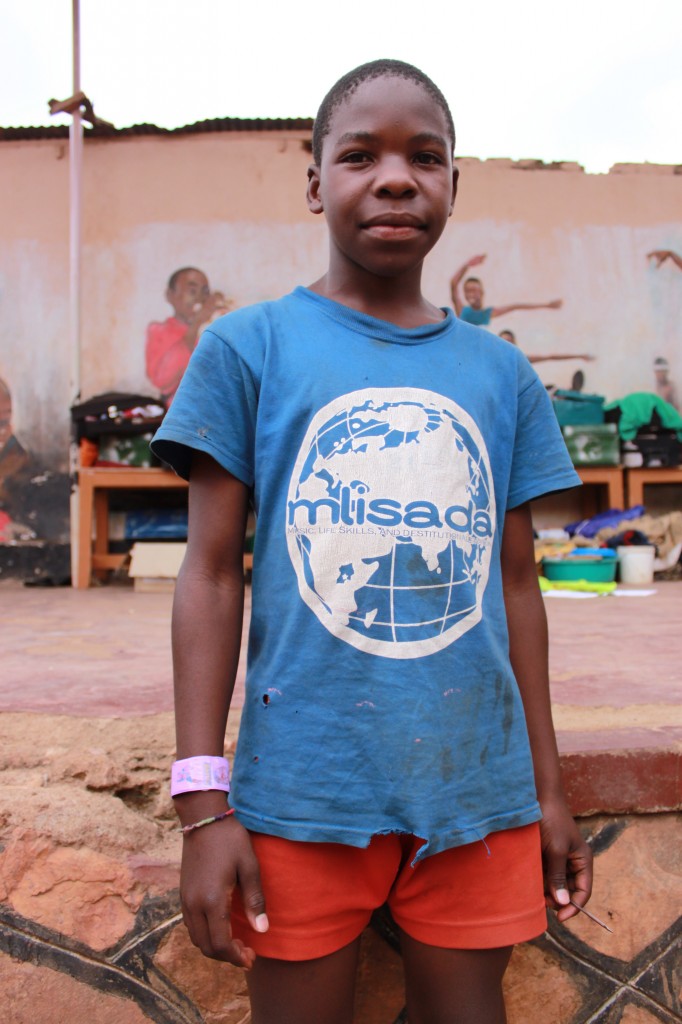
It is not only a lack of money that can pose a challenge, but also how money is distributed. “I think that corruption is a big part of [the problem], because the money doesn’t get where it should be,” Parade said.
Schools in Uganda range drastically in quality and cost. Public school fees range from $50 to $100 USD per year, and private school — mainly those with an international focus — can reach upwards of $8,000. Though it has more than doubled since 2006, the average monthly household income in Kampala hovers just below 1,000,000 Ugandan shillings, or roughly $400, according to the Uganda Bureau of Statistics.
Many students have aspirations to attend secondary school and eventually one of the nation’s universities, but few do because of the increasing cost of student fees and ballooning population. With more children in each household, parents — or older siblings like Vincent — can be forced to choose which child is able to attend school.
****
Twenty minutes from Diplomate, down a bumpy dirt road, sit two metal doors and a towering stone wall covered in barbed wire. Inside, children race in all directions, kicking dusty soccer balls and dancing on a brightly painted stage. This is the M-Lisada orphanage, home of the famous M-Lisada Brass Band.
Almost all of M-Lisada’s 80 children participate and regularly perform in the community. They’ve performed for Uganda’s president, Yoweri Museveni and in the country’s Mandela National Stadium.
In a cramped office adjacent to a small library sits the now 70-year old Rochelle Zabarkes. Zabarkes discovered M-Lisada in 2011, when she attended the Uganda IFP. She’s since returned, establishing the orphanage as a 501(c)(3) organization.
Through the band’s performances, the children earn money. Each child has his or her own savings account — something that Zabarkes says is imperative not only to helping the children understand essentials like saving money, but also learning that they, themselves, are valuable too.
“They know that they have worth here,” Zabarkes said. “They haven’t known that they are really valuable.”
M-Lisada is a new beginning for Zabarkes. After years of operating a spice shop — Adriana’s Caravan in New York City — she applied to GPIA, citing the flexibility of the program.
“You can see why someone my age might not want to take classes that they don’t have to take.” Zabarkes said. “I was set up at the program at GPIA to do exactly what I’m doing here at M-Lisada.”
One evening in August, Zabarkes had just returned from the city’s court. Francis, a local child who once stayed at M-Lisada, had frantically telephoned the orphanage the night before. He, along with a group of boys, were arrested for robbery after breaking into a compound and stealing electronics. He was set to go before a judge the next morning for sentencing.
“He’s extremely lucky the cops were at the bottom of the road waiting for them,” Zabarkes said. “If the community had caught them, they would have been stoned and roasted.”
Zabarkes sprang into action, convincing the complainant over the phone to drop the charges against Francis in exchange for compensation. She paid the man just over one million Ugandan shillings, or $400 USD, out of pocket for the damages.
“Francis would have paid with his life in jail,” she said. “He has signed a statement that he will not leave the property and we’re giving him food and clothing and shelter — three things he wasn’t able to get on his own.”
“I said to him, ‘Never again,’” she continued. “‘This is not your first chance, it’s your last chance.’”
For Zabarkes, M-Lisada is now a part of life. “It’s a such a special community. I’m going to come every year until I die.”
****
Back at the Diplomate, New School students wrap up their days by relaxing on the hotel’s balcony, sipping on beer and checking emails.
Vincent, who is buried in the depths of the hotel’s bar, cleaning used ashtrays and folding napkins in preparation for the next day’s shift, follows up on a question directed towards him earlier in the day.
“We had been killing people on the way,” he said. Five months into his capture by the LRA, Vincent was asked to kill a man. “I told them I was not ready to kill a person. It is a life.“
When Vincent refused, the soldiers beat him profusely, forcing him to march for two days without food and only minimal water.
The incident was a turning point for Vincent. One evening, after making camp, he and his step-brother were ordered to collect firewood — but Vincent used the time alone in the bush for something else.
“I told my brother, ‘Let us plan.’” he recalled. “‘We are doing nothing good. Let us escape if possible.’”
But his step-brother, fearing the consequences, refused to flee. Vincent, realizing it was their best chance to escape the LRA, beat him with a pan until he agreed to join.
The brothers doubled back away from the camp, slipping into the night. 300 kilometers from home, they stopped in villages for food and shelter on the journey back. Eventually, after nearly six months with the LRA, Vincent and his step-brother were free.
“They started crying in so much happiness, that I was alive,” he said, recalling his family’s reaction to his return home. “I bathed and I ate, and then my father said I must go to Kampala [that afternoon] to go to school — because I was late.”
As New School students anticipate their return to New York for the start of the fall semester, Vincent waits. He waits for the hotel to finally give him his back pay, so that he can afford to put his brothers through school. He also waits for the financial stability that will allow him to fulfill his own dream of becoming a teacher.
But for now, Vincent goes back to cleaning ashtrays and tending the bar at the Diplomate.



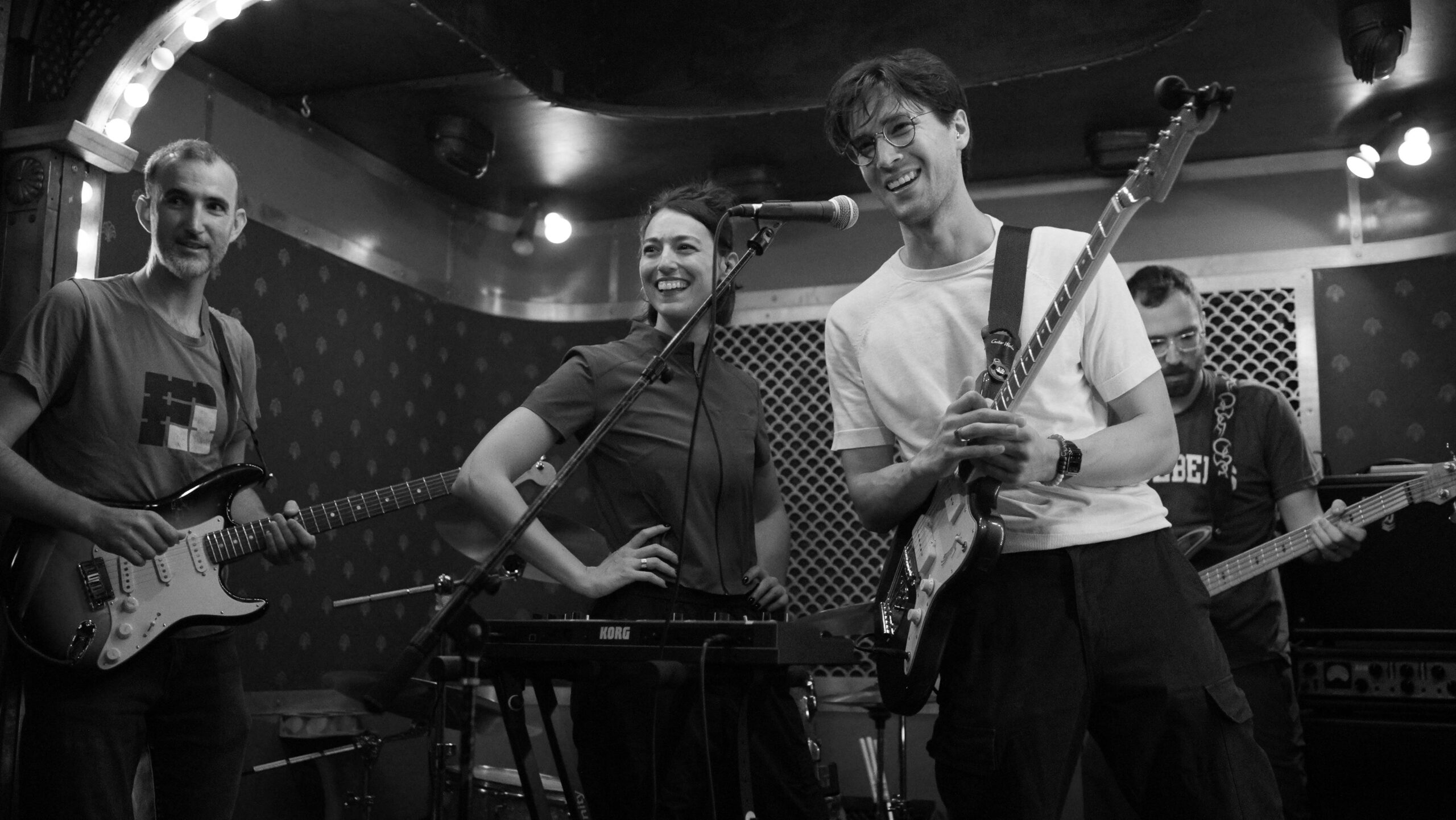
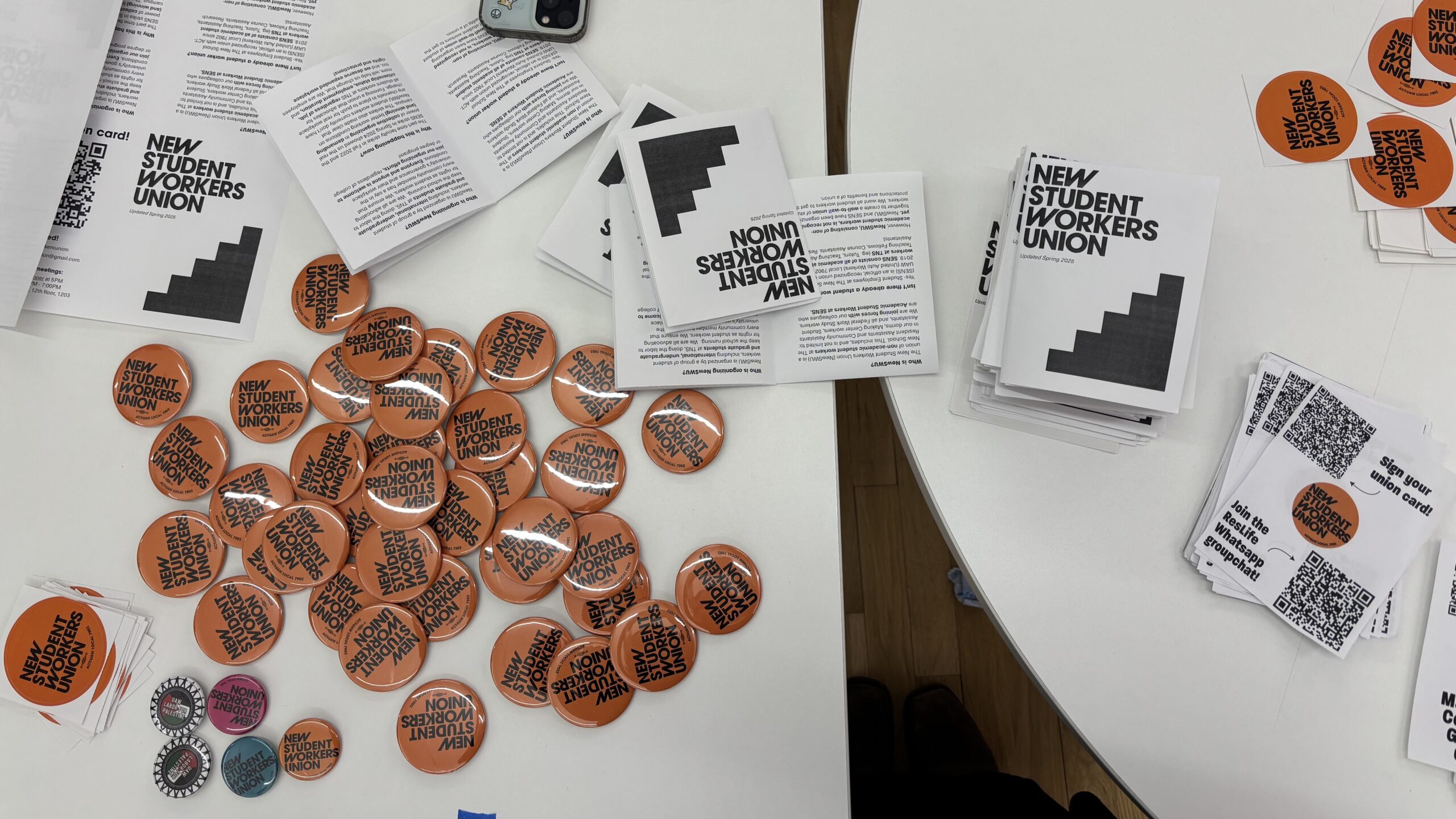
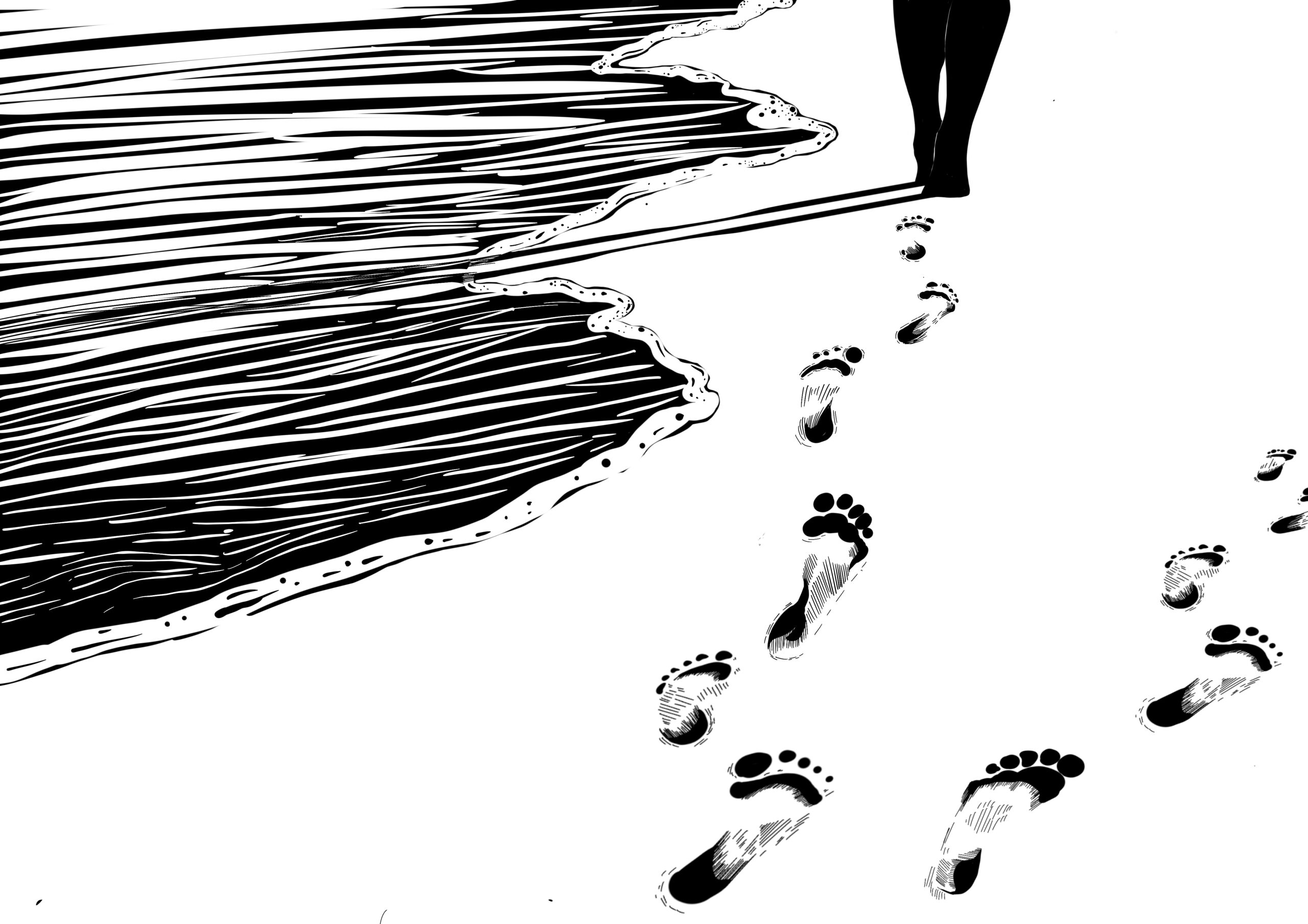
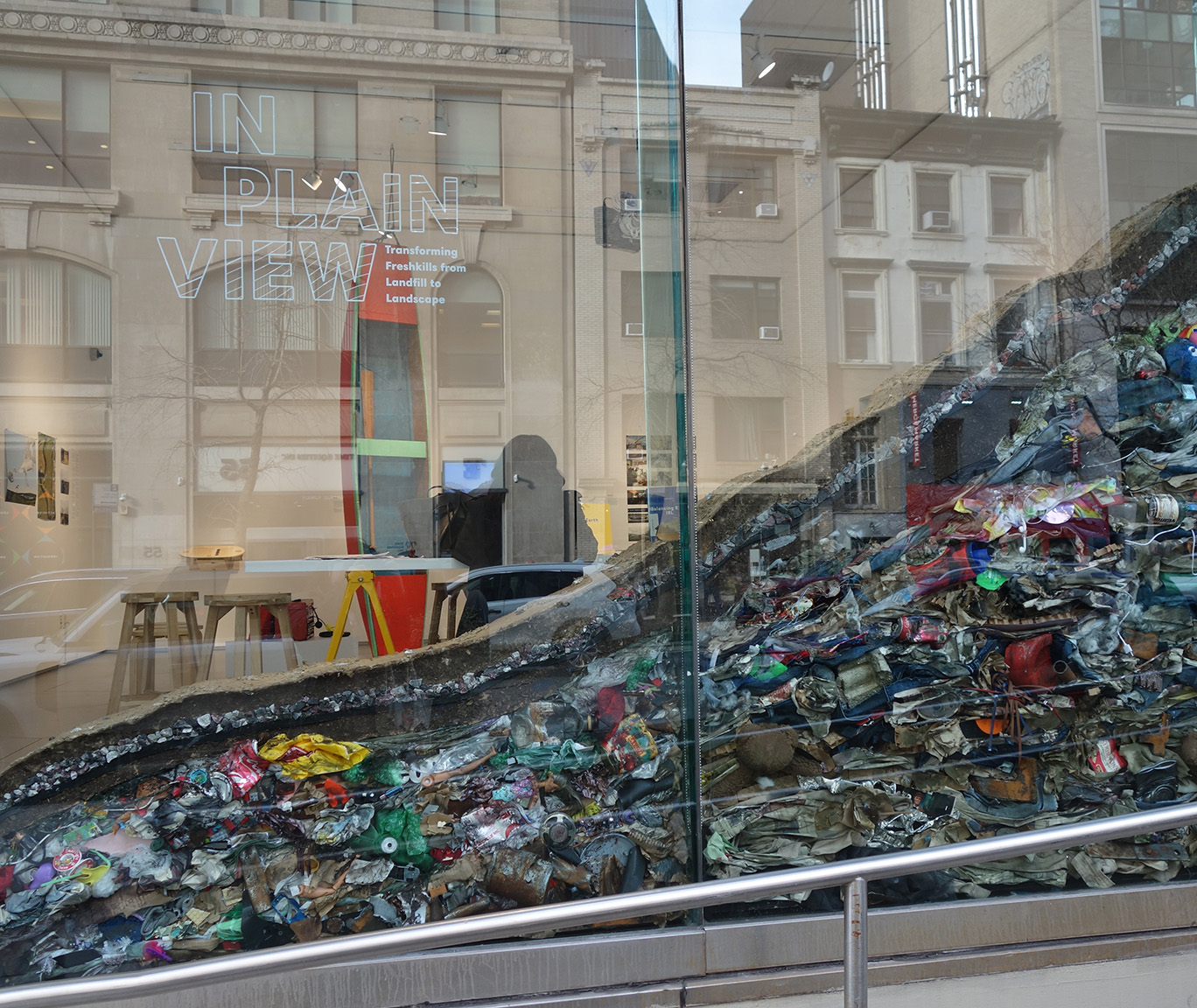

Leave a Reply